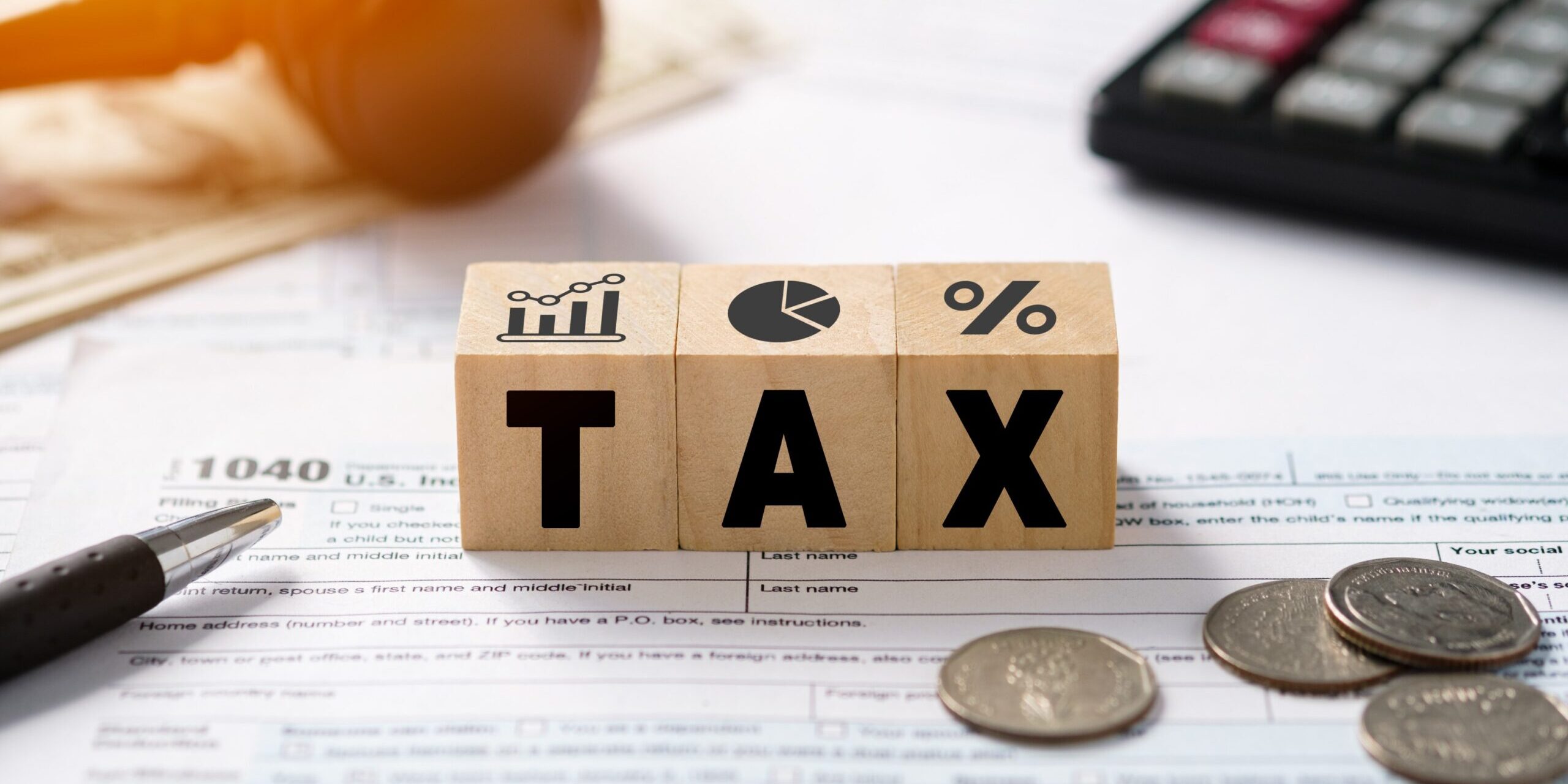The Vital Importance of Tax Planning: Securing Your Financial Future
Tax planning is a fundamental aspect of financial management that often goes overlooked or underestimated. It involves strategic maneuvering of financial decisions to optimize tax outcomes, ensuring that individuals and businesses pay their fair share of taxes while maximizing their after-tax income. In a world where taxes constitute a significant portion of one’s financial obligations, understanding why tax planning is essential can pave the way for a more secure and prosperous financial future.
Minimizing Tax Liability
One of the primary reasons people need tax planning is to minimize their tax liability. Tax laws are intricate and filled with numerous opportunities for deductions, credits, exemptions, and incentives. Without a comprehensive tax planning strategy, individuals might miss out on potential savings. Effective tax planning helps individuals legally reduce their taxable income by taking advantage of available benefits, thereby ensuring they only pay the taxes they owe and not a cent more.
Preserving Wealth
Preserving wealth is a key objective for individuals and families. Tax planning plays a crucial role in this goal by ensuring that unnecessary tax burdens don’t erode hard-earned wealth. By employing strategies that align with long-term financial objectives, individuals can protect their assets from excessive taxation, allowing them to pass on a more substantial legacy to future generations.
Optimizing Investment Returns
Tax planning and investment decisions are intricately connected. Making the right investment choices can lead to capital gains and dividends that are subject to taxation. Strategic tax planning can help individuals structure their investments in ways that minimize the tax impact, leading to higher after-tax returns. This involves considering the timing of asset sales, the types of investments held, and the applicable tax rates on gains.
Enhancing Retirement Savings
Retirement planning is a critical life stage that demands careful consideration of tax implications. Tax-advantaged retirement accounts such as 401(k)s and IRAs offer individuals an opportunity to save for their golden years while enjoying tax benefits. Effective tax planning can help maximize contributions to these accounts, resulting in greater retirement savings and potentially reducing tax liability during retirement.
Managing Business Finances
For business owners, tax planning is a vital tool for managing finances efficiently. Choosing the right business structure, managing deductible expenses, and optimizing employee benefits are all integral components of business tax planning. By minimizing business tax liabilities, entrepreneurs can reinvest more into their businesses, promote growth, and increase profitability.
Navigating Life Transitions
Throughout life, people undergo various transitions such as marriage, parenthood, homeownership, and more. Each of these transitions has tax implications that can significantly impact financial well-being. Engaging in tax planning during these transitions can help individuals make informed decisions that minimize tax liabilities while maximizing available benefits.
Avoiding Costly Mistakes
Tax laws are subject to change, and misunderstanding or misinterpreting these changes can lead to costly mistakes. Failing to comply with tax regulations can result in penalties, fines, and even legal consequences. Effective tax planning involves staying informed about tax law changes and ensuring full compliance to avoid unnecessary financial setbacks.
Achieving Financial Goals
Whether it’s buying a home, funding a child’s education, or starting a business, individuals have various financial goals they aspire to achieve. Tax planning can be an instrumental tool in achieving these goals. By optimizing tax strategies, individuals can allocate more resources towards their objectives, thereby accelerating their progress and increasing the likelihood of success.
Mitigating Risk
Tax planning can also help mitigate financial risks. By structuring investments and financial decisions in ways that account for potential tax consequences, individuals can better safeguard their financial portfolios against unexpected market fluctuations and economic uncertainties.
Tax planning is not just a routine task but a strategic approach that can profoundly impact one’s financial present and future. From minimizing tax liabilities and preserving wealth to optimizing investments and achieving financial goals, the reasons for engaging in tax planning are manifold. The complexities of tax laws and the potential for substantial savings make it an essential practice for individuals and businesses alike. In a world where financial security is paramount, embracing tax planning as a fundamental component of financial management is a crucial step towards building a more prosperous and resilient financial future.






